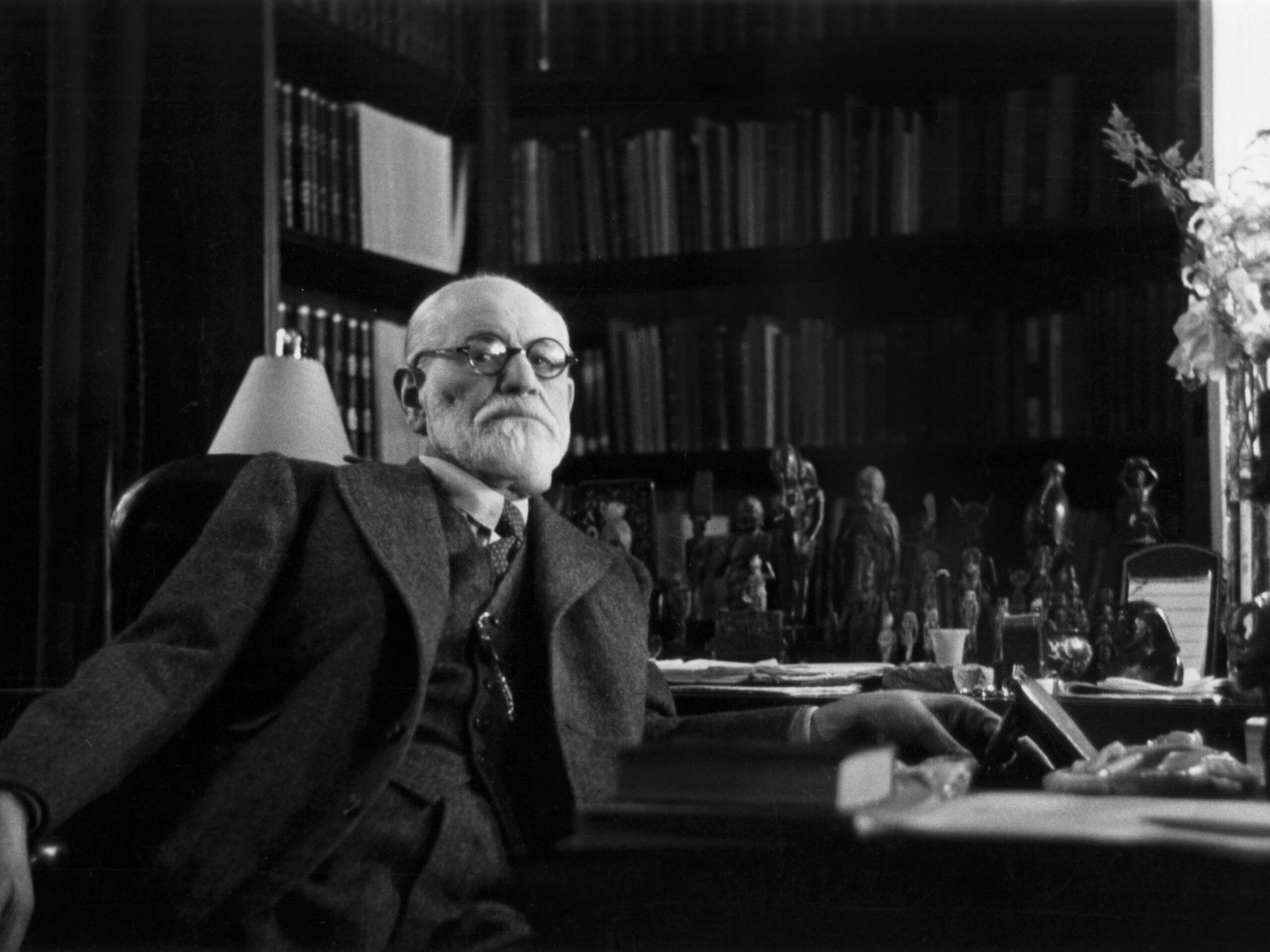Jed Rubenfeld manages to superbly blend fact and fiction to present some of the famous psychoanalyst’s findings in a thrilling narrative
psychoanalysis
Criminality of the brutal variety
By the term, ‘criminality’, I don’t simply mean the perpetration of crime, or criminal acts; I have in mind something far more fundamental, even primal, in the sense of that which remains behind when criminologists, sociologists, psychologists and psychiatrists have exhausted all avenues of causal explanation when it comes to the ‘grounds’ or causal antecedents […]
A stream of consciousness: Art, consciousness, self-consciousness and the unconscious
What is a ‘stream of consciousness’? This presupposes that one knows what consciousness is, and how it differs from the unconscious, and from self-consciousness. Briefly, consciousness means an awareness of something, most broadly your environment. In this sense, even plants are conscious, as shown by the phenomenon of phototropism. Self-consciousness, by contrast, denotes not just […]
The price men pay for their addiction to porn
The technological revolution that has given us television, the internet and almost inexhaustible sources of image consumption has also, concomitantly, given viewers and internet users access to pornography on a scale almost unimaginable. But, as one should know by now, technology is a pharmakon – poison AND cure – and therefore it should come as […]
Žižek and that strange animal, the human
A fascinating discussion of jealousy, fantasy, animals and utopia, by Slavoj Žižek — the “most dangerous philosopher in the West” (New Republic) — in Living in the End Times (Verso, London, 2010), helps one understand the reasons for our fascination with animals in their “natural” state. This fascination is well-known to most of us — […]
What is ideology?
Those of us who were studying at the time of the great “cold war” tussle between the superpowers would remember that, at that time, one thought of ideology as a more or less coherent system of ideas that demanded a way of living, or certain actions in accordance with those ideas. So, for example, communism […]
Human rights and desire: The need for a clear conscience
We live in the age of the unquestioned assumption of human rights — that is, the assumption that all human beings are entitled to certain “basic human rights”. This is accepted as normal, or setting the norm, and this is unquestionably correct, at least in the sense of being an accepted convention. However, the discipline […]
Why it’s important for our health to get rid of the neoliberal regime
In his riveting study, What about me? The Struggle for Identity in a Market-Based Society (trans. Hedley-Prôle, J. London: Scribe Publications, Kindle edition, 2014), the Belgian psychoanalyst, Paul Verhaeghe, gives a resoundingly affirmative answer to the question: “Is there a demonstrable connection between today’s [neoliberal capitalist] society and the huge rise in mental disorders?” Many […]
What are ‘(post)apartheid conditions’?
This may seem like a straightforward question, requiring – and allowing – straightforward answers. Nothing of the sort, it turns out, and if one had any such illusions, the new book, (Post)apartheid Conditions – Psychoanalysis and Social Formation (New York: Palgrave MacMillan, 2013) by psychoanalytical theorist Derek Hook, rapidly disabuses one of them. Hook, of […]
Dietmar Brehm’s ‘The Murder Mystery’: Sado-porn or genius noir?
Dietmar Brehm’s The Murder Mystery (1992) is a powerfully disconcerting film of only about 15 minutes’ duration. It has been described as sado-pornographic – a description I do not agree with, except for the “sado-“ prefix, which is accurate if this alludes to the impression created by the fragmentary, disjointed, “noir-ish” images flickering across the […]
Capitalism and/as suffering
No one in their right mind would associate capitalism with suffering, would they? Isn’t it about enjoyment of commodities, ostentatious consumption, celebrity life and wealth accumulation? And what is there about all this that could be connected with “suffering”? Of course, one could elaborate, as Hardt and Negri do in Multitude (2005) and elsewhere, about […]



